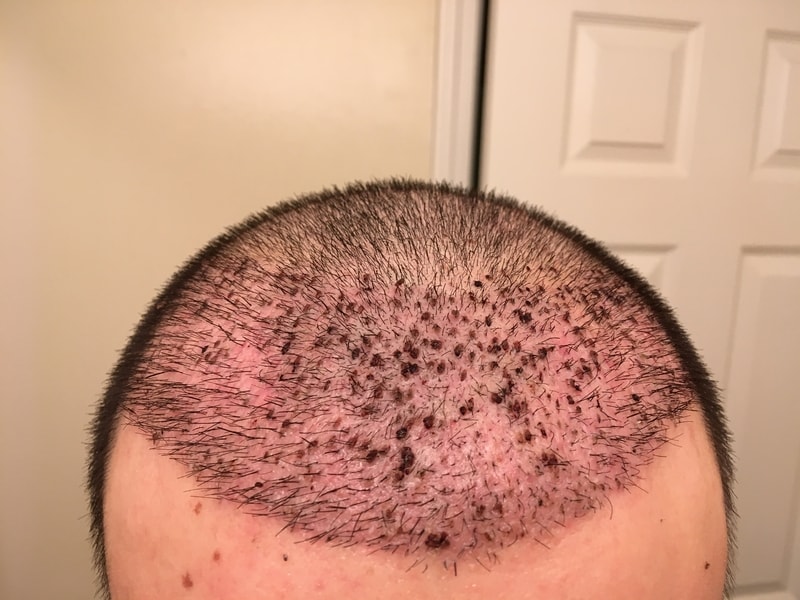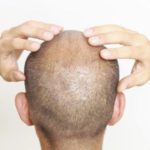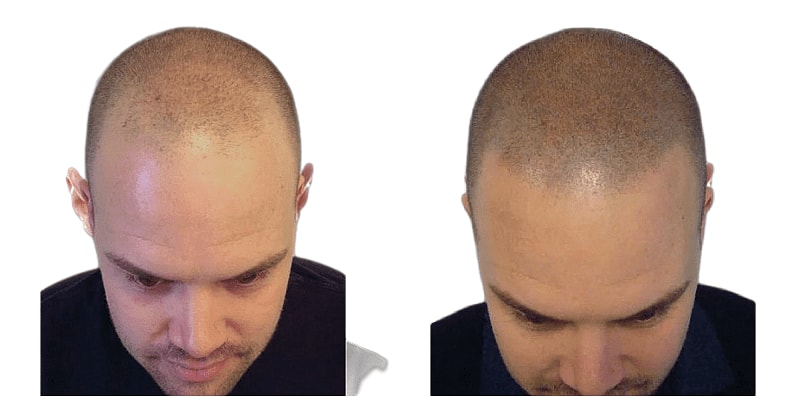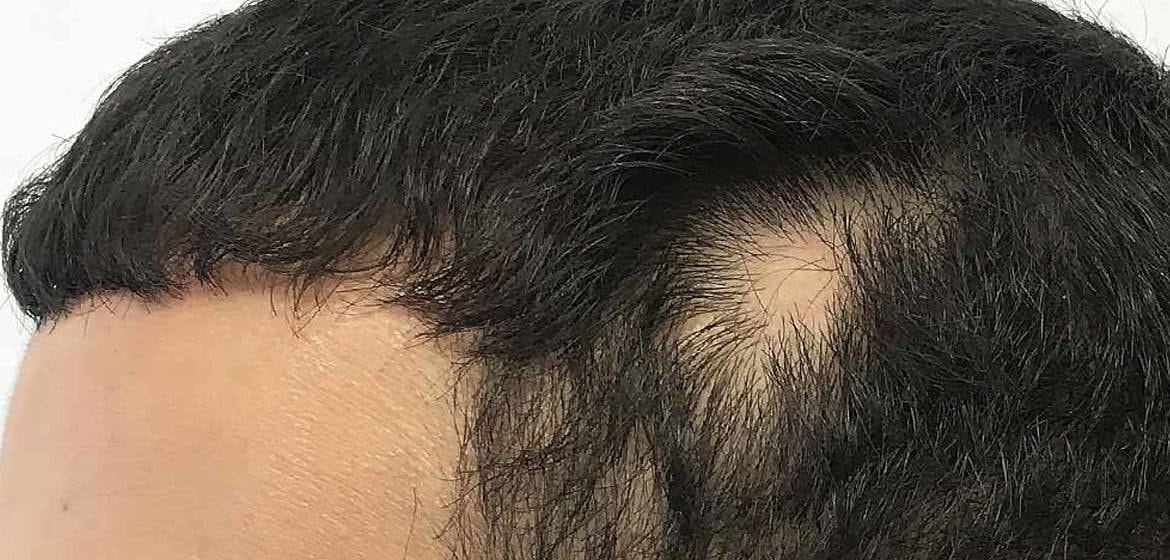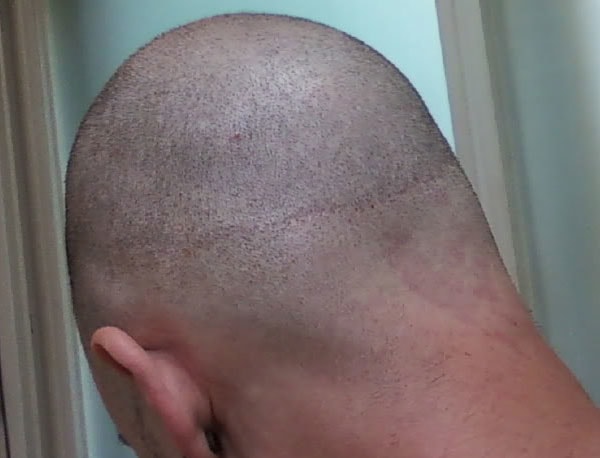Hair transplant procedures are mostly similar to each other. However, every person has a different immune system and body metabolism. Their body may react differently to hair transplant procedures. This reaction can be bad or good as well. For example, you can notice that when some people get hurt and bleed, scabbing time may change depending on these people’s body metabolism. Scabbing after a hair transplant is inevitable because every hair follicle plantation leaves a temporary scar. Scars will breed scabs on them after some time.
Since every person has different body characteristics and features, these people may have different routines in terms of the use of body, nutrition, and consume energy. What kind of food you eat every day will determine your body’s metabolism. Some people’s skin can be slower to breed scabs on the scars. A scab on a scar means that it’s healing itself, which is a good thing. The reason why some people’s blood doesn’t clot is about blood-clotting proteins. When you do not consume foods with blood-clotting proteins, you may suffer from this disease called ” hemophilia “
When Scabbing Will Be Over?
Scabs on your hair transplantation area mean that every individual hair follicle scar on it has been healing itself. Some har follicle areas may bleed while some do not. Those who bleed are supposed to breed scabbing in the area.
Scabbing will stop when your scalp is completely recovered from its wounds. They will slowly fall out and leave your scalp in time. It is still best not to scratch or try to get rid of them by yourself.
Your scabbing will not stay there forever, just like how a simple cut on your head breeds a scab and completely heals after a couple of days. Since you can’t be so sure if your scabbing completely healed your wounds or not, you better stay away from them during your early recovery.


